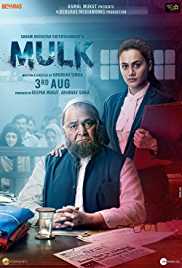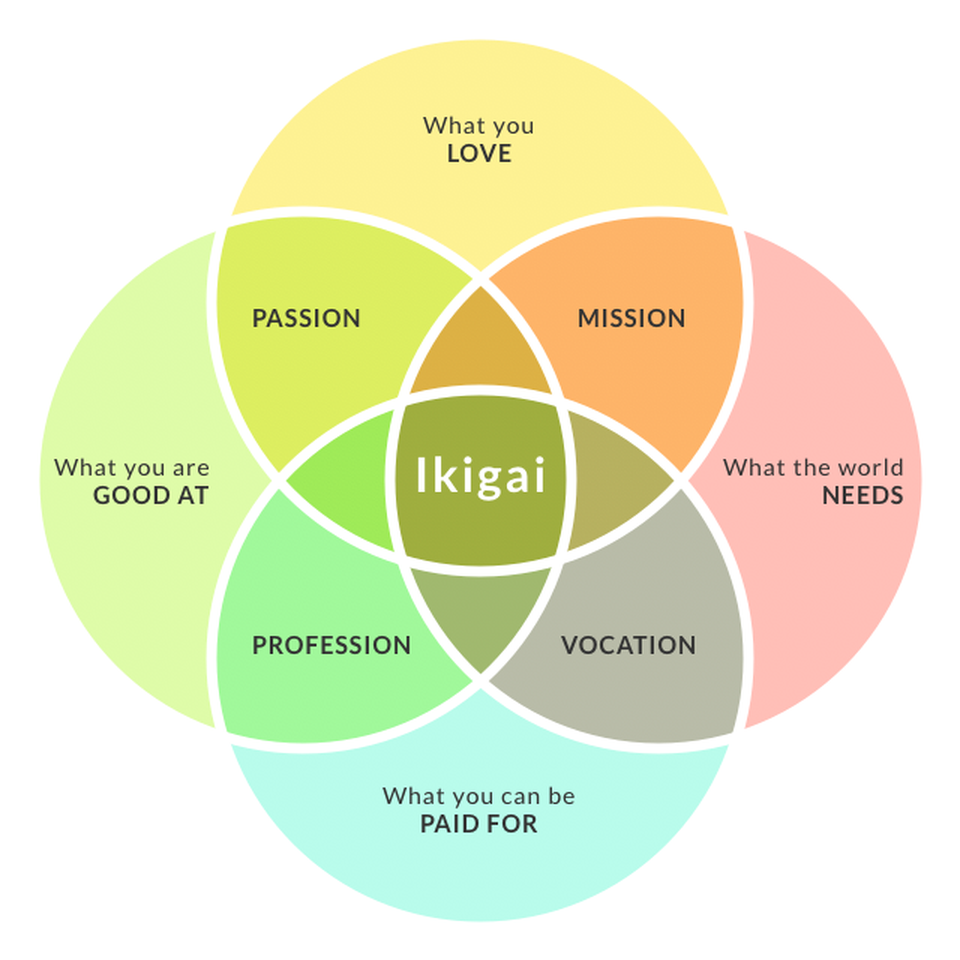As I started preparation for UPSC 2019 I had left to write on either on Facebook or Instagram or blogs but the latter by PMO to the UPSC was force me to write this blog.
Recently PMO advised UPSC to change the cedar and service allocation procedure and allocate the service based on Foundation Course which is carried out after the final merit list of UPSC examination by LBSNAA, Mussoorie instead of based on merit list of Civil Service Examination.
So, after Media, Social Media, Universities, Top Management (NITI Ayog) and corporate houses Modiji and BJP wants their person in bureaucracy. The situation is being like earlier India where Britishers apply their law to us without thinking about us. Today India Is independent of foreign rule but not independent of their own men. Right to Expression is killed by this government.
Some journalist like Ravish Kumar and Rana Ayub raise their voice against this government but they undergo the death threat. Some students like kanhaiya, Rohit Vemula, and Umar also tried to raise their voice but they called “Desh Drohi”. Some of the YouTubers like Dhruv Rathee raise their voice and expose BJP IT cell then they got FIR. Maybe after some time the Founder and Co-Founder of Cobra Post will get threat calls because they expose the government and media relation.
Today in a country that old custom of ‘divide and rule’ is taking place from media to political leader everyone is talking about issues of Hindu-Muslim and Masjid-Mandir where our farmer and labor are doing suicide. NITI Ayog and PMO are talking about world class university but in a village, there is not good government school where the child of the farmer can study and get a quality education.
In one interview our richest person of the country Mr. Mukesh Ambani told that he wants to educate India and serve the society by educating the youth but I think their education lies under the donation system and towards capitalism.
Today the situation of the country is like who knows everything they don’t want to do anything and giving excuses like we don’t have money, power and so on but they forget that neither Bhagat sing had money nor Gandhiji. If you want to bring change then you have to first change your mentality.
If today they are targeting ASIFA to secure their vote bank then tomorrow your son or daughter will be in her place. It is like the movie ‘Halla Bol’ – ‘Aaj Usko Mara Aur Tum Kuchchh Nahi Bole To Kal Tumhe Marenge.’
Candidates of Government Jobs didn’t get offer latter, Farmers are doing suicide, After lots of Schemes our poor becoming poorer and Modiji and their ministers are busy in giving fitness challenges.
Gujarat Riots and fake encounters suspect Amit Shah and D.G.Vanjara is wondering the country and protestors of Maharashtra was seized by police. So the situation is being more critical after day to day.
If we calculate today the ‘We don’t have freedom of Expression’, ‘Without money, we couldn’t get the quality education’, ‘Without money we didn’t get good health services’ and PM sir is talking about New India and Transferring India.
Yes, Transformation is happening and one more time we are going to be peasant of the Government.

